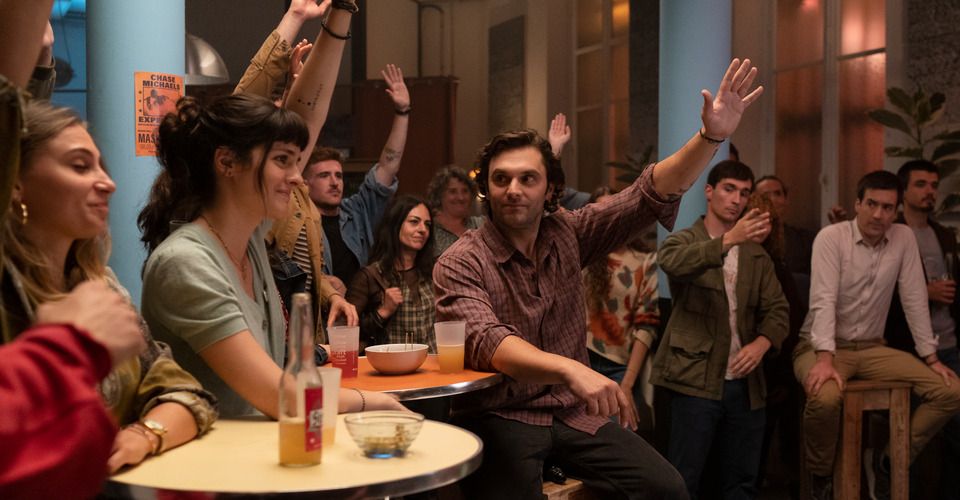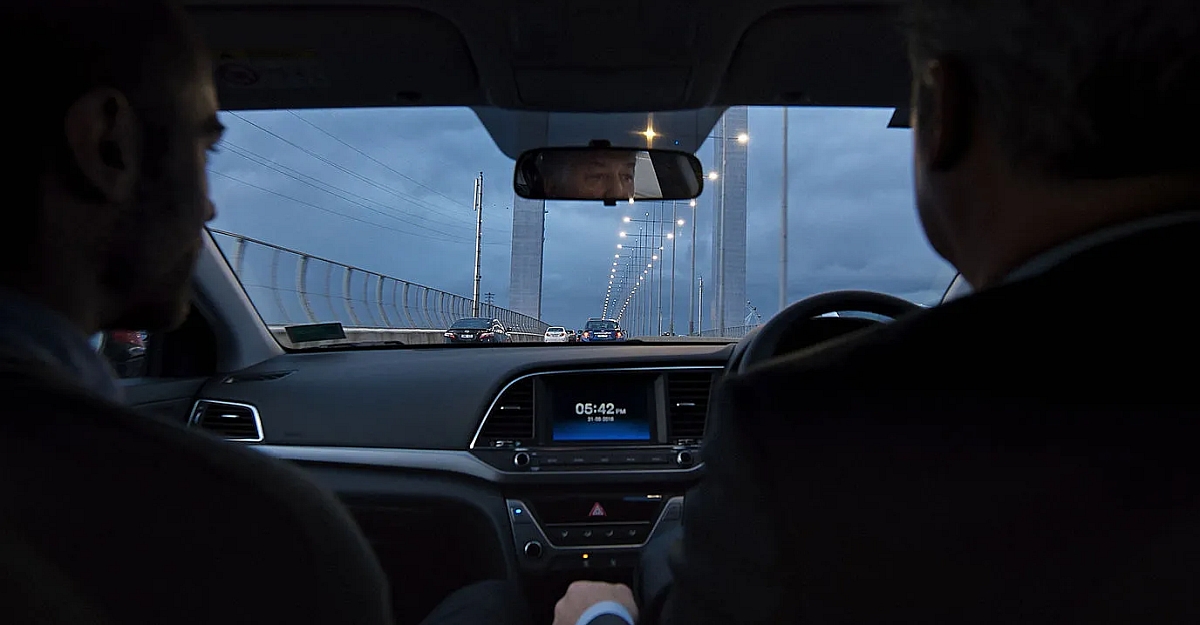On a chilly Monday afternoon fifty years ago, Parisians of all ages and backgrounds lined up in a narrow street in the Latin Quarter outside Studio Saint-Séverin, a tiny arthouse cinema. It was the only cinema in France willing to screen Le chagrin et la pitié (The Sorrow and the Pity), a four-and-a-half-hour documentary by French-German filmmaker Marcel Ophuls.
The film was a detailed study of the collaboration between the French Vichy government and the German occupying forces during World War II. It focused on the town of Clermont-Ferrand, just thirty kilometres from Vichy and a centre of French resistance. Through his detailed and unapologetic examination of the period, including interviews with a former German officer, collaborators, and resistance fighters, Ophuls hoped to show a microcosm of occupied France.
The documentary had not in fact been made for cinema, but as a two-part television program. Before it could be broadcast, however, it had to receive the approval of the Office de Radiodiffusion-Télévision Française (ORTF) – the French national agency in charge of running the country’s two television channels. And the ORTF had refused its authorisation.
The reason for the refusal is one that still echoes in France today: the unwillingness to fully confront the uncomfortable truths about the collaboration with the Nazis of both the Vichy regime and a part of the French population. Even Charles de Gaulle had – in the dying days of his presidency and final year of his life – weighed in on the ORTF decision, stating: ‘France does not need truth, she needs national unity and hope.’
Thanks perhaps in part to the controversial ban, the documentary became a popular and critical success, and was soon attracting huge crowds in cinemas on the Champs-Élysées. In spite of this, it was not allowed to be shown on French state television for the next ten years. At one time, then-President of the ORTF, Arthur Conte, attempted to explain the continued need for the ban, claiming ‘the film destroys the myths that the people of France still need.’
The myths he was referring to were those of a French population heroically united in its resistance against the Nazis. They ignored not only the large number of citizens who chose what the French call ‘attentisme’ – a wait-and-see attitude – but also those who actively collaborated, as evidenced by the millions of letters sent to the French and German authorities denouncing Jews, partisans or simply those who were not sufficiently ‘loyal’.
The birth of this myth can be traced to the speech that Charles de Gaulle gave in front of the Hôtel de Ville on the day of the liberation of Paris, 25 August 1944. On that day, he made no mention of collaboration, nor of the Allies. Instead, he insisted that Paris had been ‘liberated by itself, liberated by its people with the help of the French armies, with the support and the help of all France, of the France that fights, of the only France, of the real France, of the eternal France!’
De Gaulle believed the imperative of rebuilding French unity and pride trumped the need for a more robust truth-telling. What he failed to acknowledge was that the process of fully healing the nation would first require a willingness to confront the truth and shame of collaboration.
The phrase ‘le chagrin et la pitié’ comes from a comment made by one of Ophuls’ interviewees, an inhabitant of Clermont-Ferrand. Reflecting on his experiences during the Nazi occupation, he said that the two emotions he felt most often were sorrow and pity.
During the eleven years I spent in Paris from 1986, when speaking to the locals about their experience of or attitude to the occupation, the two emotions I detected most often were not so much sorrow and pity, but discomfort and evasion. I recently returned to Paris for a six-month Australia Council residency to research my novel, Small Acts of Defiance, which is set in German-occupied Paris. In raising the subject of the occupation, I found that French attitudes had not evolved as much as I would have expected over the intervening decades.
Perhaps I shouldn’t have been surprised. After all, it took fifty years after the war ended for a French President to finally acknowledge the role of the French state in the deportation of Jews. It happened in 1995, during the commemoration of the infamous Vel d’Hiv roundup of 13,000 Jews on July 16 and 17, 1942, when Jacques Chirac stated that ‘the criminal insanity of the occupying forces was supported by some French people and the French State.’ More recently, during the seventy-fifth anniversary of the Vel d’Hiv roundup, Emmanuel Macron went further, stating that ‘it was indeed France that organized’ the roundup, and that ‘not a single German’ was directly involved.
It’s been fifty years since The Sorrow and the Pity first screened in that tiny cinema in Paris. Soon after its American release, film critic Roger Ebert described it as ‘one of the greatest documentaries ever made.’ When it was finally approved for broadcast on French television, in 1981, ten years after its original ban, it was viewed by twenty million people – more than a third of the entire population of France.






